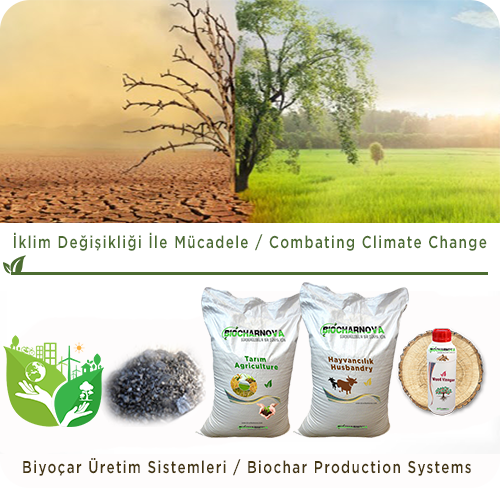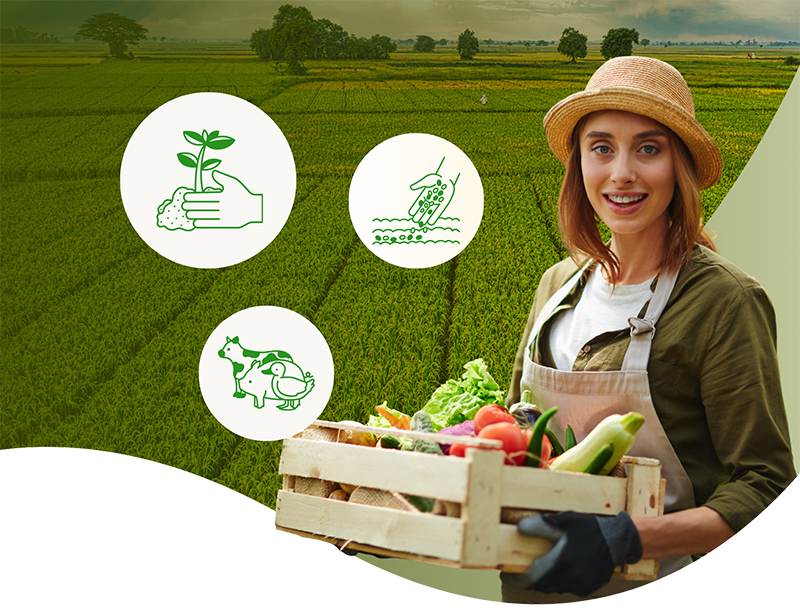
With the rapidly increasing world population, the need for animal and plant food products is also increasing in parallel. Many factors such as increasing population, misuse of existing natural resources, changing lifestyles and standards have caused the world's carrying capacity in terms of natural resources to be exceeded. The lands where the soil, which is indispensable for meeting the needs of humanity, is located are rapidly decreasing with urban and industrial settlements. Industrial and unconscious agricultural activities cause pollution of both the environment and soils. In order to use resources more effectively and efficiently, it is of great importance today to first prevent waste, to reduce the amount of waste when waste generation is unavoidable, to collect waste separately at the source and to send waste that can be evaluated to recycling facilities to provide added value to the economy by obtaining raw materials or energy.
In this context, instead of destroying the high amount of organic waste generated especially in the agricultural sector by burning, using these wastes as organic material in the soil is very important especially for soils with low organic matter. We aim to improve the characterization of agricultural lands that are negatively affected by global warming, climate change, transition to industrial agriculture and unconscious/wrong fertilization methods in agriculture by using biochar and thus reducing carbon emissions.

Provides increased efficiency in Energy, Irrigation and Fertilization
Reduces Greenhouse Gas Emissions Containing Methane (CH4)
Prevents pests and mold while accelerating plant growth and increases fruit growth

